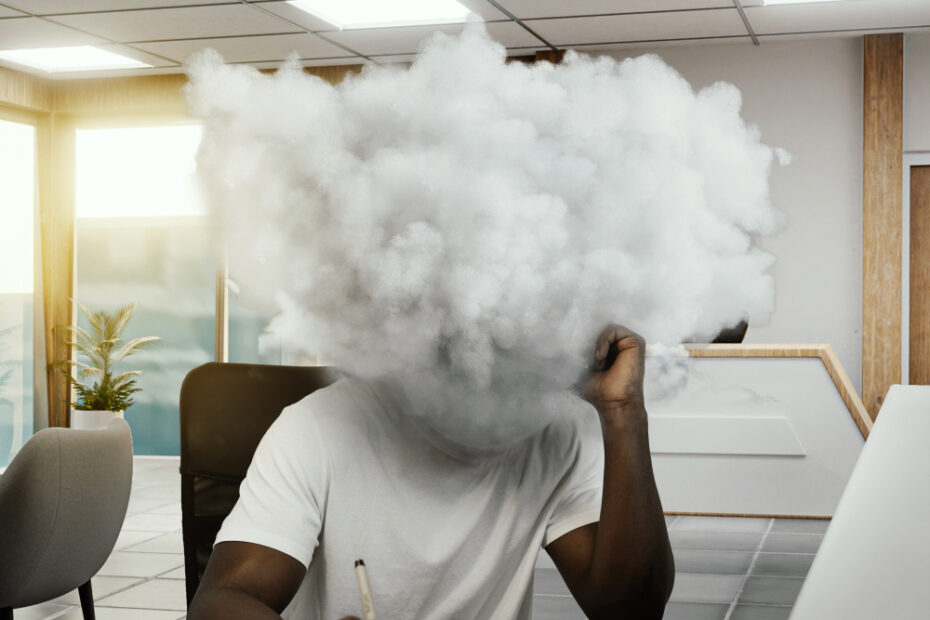At first glance, your office may look clean, but hidden germs often lurk beneath the surface. From keyboards to doorknobs, common office spaces can quickly turn into breeding grounds for bacteria and other microbes, impacting both health and productivity. Understanding how dirty office environments can become is crucial for maintaining hygiene and protecting employee well-being.
Offices can actually harbor more bacteria than public restrooms due to frequent shared surface contact and long hours spent in enclosed spaces. This post will highlight common germ hotspots in the workplace and provide practical tips to keep your office clean and healthy.
The Hidden Germs in Office Spaces
Appearances can be deceiving—many office spaces, especially those with shared equipment and common areas, accumulate dirt and bacteria at an alarming rate. In fact, studies show that the average office desk contains 400 times more bacteria than a toilet seat. Without proper cleaning, these germs spread easily, leading to sickness, absenteeism, and reduced productivity.
While offices are regularly tidied up, many high-touch areas are missed during routine cleaning. Without thorough sanitization, bacteria can spread rapidly from one employee to another, compromising workplace hygiene.
The Dirtiest Places in an Office
Recognizing where germs are most likely to thrive can help in targeting cleaning efforts effectively. Here are the key office areas that often harbor the most bacteria.
1. Keyboards and Computer Mice
Office keyboards and mice accumulate dust, crumbs, and oils, creating ideal environments for bacteria. Research indicates that the average office keyboard can harbor up to 3,000 bacteria per square inch.
Tip: Encourage employees to clean their keyboards and mice regularly with disinfectant wipes, especially after meals.
2. Office Telephones
Shared phones are high-touch surfaces that can harbor as many as 25,000 germs per square inch, making regular disinfection essential.
Tip: Place disinfecting wipes near shared phones and encourage staff to clean the handset and buttons after each use.
3. Desk Surfaces
Desks collect bacteria transferred from hands and shared items like phones and doorknobs. Without regular cleaning, desks can harbor up to 21,000 germs per square inch.
Tip: Implement a clean desk policy where employees wipe down their desks at the end of each day with antibacterial wipes or sprays.
4. Break Rooms and Kitchen Areas
Break rooms see high traffic, and shared appliances like microwaves and refrigerators harbor germs. Studies reveal that break rooms often have 500% more bacteria than other office areas.
Tip: Clean and sanitize break room surfaces, including tables and chairs, regularly. Encourage employees to tidy up after themselves to prevent germ buildup.
5. Bathroom Faucets and Door Handles
While restrooms are generally cleaned frequently, faucets and door handles still harbor bacteria due to their high-touch nature.
Tip: Use hands-free soap dispensers and hand dryers where possible, and ensure frequent sanitation of these surfaces throughout the day.
6. Shared Office Equipment
Printers, photocopiers, and shared office supplies are often touched but rarely cleaned, allowing germs to accumulate.
Tip: Provide disinfectant wipes near shared equipment and encourage employees to wipe down surfaces after each use.
Impact of Dirty Offices on Employee Health
A dirty office doesn’t just look unappealing—it can also compromise employee health. Poor hygiene can lead to the spread of illnesses, causing more sick days and decreased productivity.
Increased Sick Days
Germs on high-touch surfaces can lead to more frequent illnesses, impacting team productivity. Studies indicate that office workers lose an average of 9.1 days per year due to illness caused by poor office hygiene.
Poor Air Quality
Dust, allergens, and bacteria negatively affect indoor air quality, leading to respiratory issues, allergies, and fatigue—all of which lower concentration and productivity.
Tips for Keeping the Office Germ-Free
Maintaining a clean office requires consistent effort and attention to detail. Here are practical tips for keeping your workspace clean and healthy:
- Implement a Regular Cleaning Schedule
Daily cleaning of high-touch surfaces like keyboards, phones, and shared equipment is essential. Assign tasks to employees or hire a professional cleaning service for a thorough, consistent approach. - Encourage Personal Responsibility
Employee participation in cleanliness is key. Encourage employees to regularly sanitize their desks and equipment, and provide sanitizing wipes and hand sanitizer throughout the office. - Keep Shared Spaces Tidy
Break rooms, conference rooms, and other common areas should be cleaned regularly. Stock these spaces with cleaning supplies, and remind employees to wipe down surfaces after use. - Promote Good Hygiene Practices
Encourage employees to wash their hands frequently. Place posters in restrooms and break areas as reminders. - Consider Professional Cleaning Services
While regular cleaning by staff is valuable, professional cleaners offer a deeper, more thorough clean. A professional cleaning service can ensure that hard-to-reach areas, carpets, and ventilation systems are maintained, creating a healthier workspace.
Why Professional Cleaning Services Are Essential
Routine cleaning may not be enough to tackle all the germs and bacteria accumulating over time. Professional cleaning services, like those provided by Executive Cleaners, offer the expertise and equipment needed for thorough, deep-cleaning. We create custom cleaning plans tailored to the unique needs of each business in Port Elizabeth, ensuring that your office remains sanitary, healthy, and inviting.
By partnering with a professional cleaning service, you ensure that every corner of your office is properly cleaned and disinfected, reducing the risk of illness and improving overall employee morale and productivity.
Conclusion
The average office may be much dirtier than it seems, with germs lurking on high-touch surfaces, shared equipment, and personal workspaces. While regular cleaning and disinfection can help reduce bacteria, maintaining a clean office environment requires consistency and expertise. By following the tips above and considering professional cleaning services, you can maintain a cleaner, healthier office that supports both employee well-being and productivity.
For businesses in Port Elizabeth looking for reliable and thorough cleaning services, Executive Cleaners is here to help. Contact us today to discuss a custom cleaning plan for your office, ensuring a clean, safe, and productive workspace.
